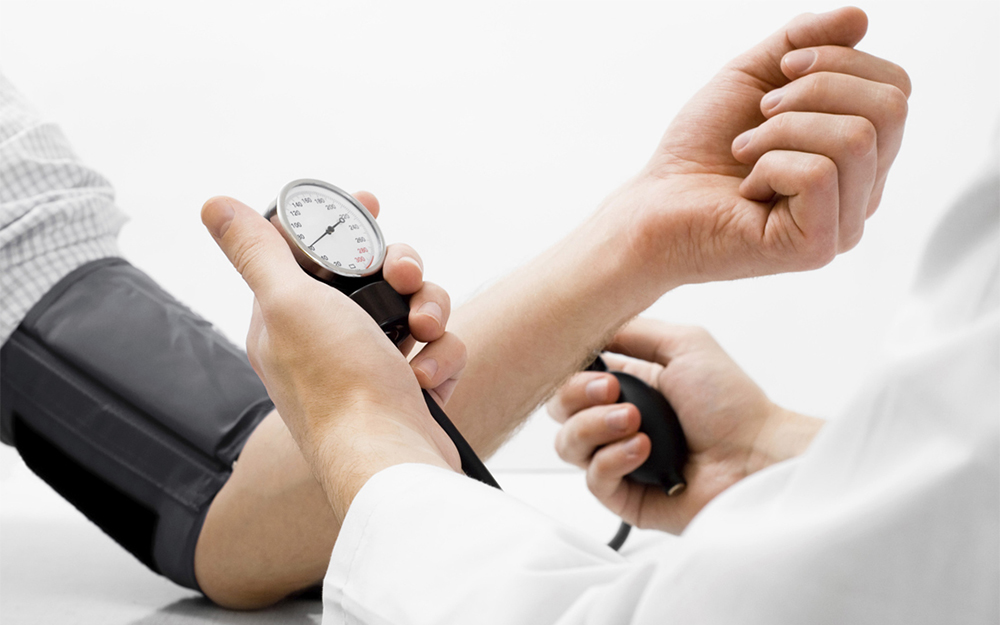
BY DR PETER KADILE
Dr. Kadile, what do the numbers mean when a blood pressure is taken?
Elwood, DHS
Elwood, the top value for a blood pressure is the systolic pressure and the bottom value is the diastolic pressure. For example, if a blood pressure reading is 122/78, the 122 is the systolic pressure and the 78 is the diastolic pressure. The systolic pressure is the pressure in the heart chambers and blood vessels when the heart contracts and the diastolic pressure is the pressure in the heart and blood vessels when the heart relaxes. Both values are measured in mmHg (millimeters of mercury). Your pulse is your heartbeat when the heart is contracting.
The American College of Cardiology and American Heart Association guidelines for blood pressure categories are:
Normal: Less than 120/80 mm Hg;
Elevated: Systolic between 120-129 and diastolic less than 80;
Stage 1 Hypertension: Systolic between 130-139 or diastolic between 80-89;
Stage 2 Hypertension: Systolic at least 140 or diastolic at least 90 mm Hg;
If your blood pressure is too high, you may experience fatigue, blurry vision, headaches, chest pains, shortness of breath, pounding in your chest, neck or ears. Hypertension is also known as “the silent killer”, because sometimes people are completely asymptomatic or don’t feel like anything is wrong. If high blood pressure persists and is uncontrolled, it can lead to a heart attack, stroke or heart failure. It is important to be treated by your doctor. Depending on how high your blood pressure is, you doctor may put you on one or several medications. Lifestyle modifications are also very important in the treatment of high blood pressure. Diets rich in whole grains, fruits, vegetables and low salt can lower blood pressure ( Dietary Approaches to Stop Hypertension known as the DASH diet). Limit alcohol intake. Weight loss and regular aerobic exercise can also lower blood pressure.
Dr. K, does coffee cause high blood pressure?
Michael, Cathedral City
Michael, caffeinated beverages may cause a short, temporary increase in blood pressure, but the degree to which it raises blood pressure varies from person to person. People who regularly drink caffeinated beverages may have a higher than average blood pressure than non-drinkers. Regular caffeine drinkers may have also developed a tolerance to the caffeine and thus the drug may have no effect on their blood pressure.
Coffee is generally not the cause of persistently elevated blood pressure or hypertension, but it may exacerbate existing high blood pressure in a non-coffee drinker. If you want to know if coffee or other caffeinated beverages elevate your blood pressure, check your blood pressure before drinking the coffee (or other caffeinated drink) and then check your blood pressure half an hour to two hours after drinking. If your blood pressure is raised by five to ten points, then you may be sensitive to the blood pressure raising effects of caffeine.










































